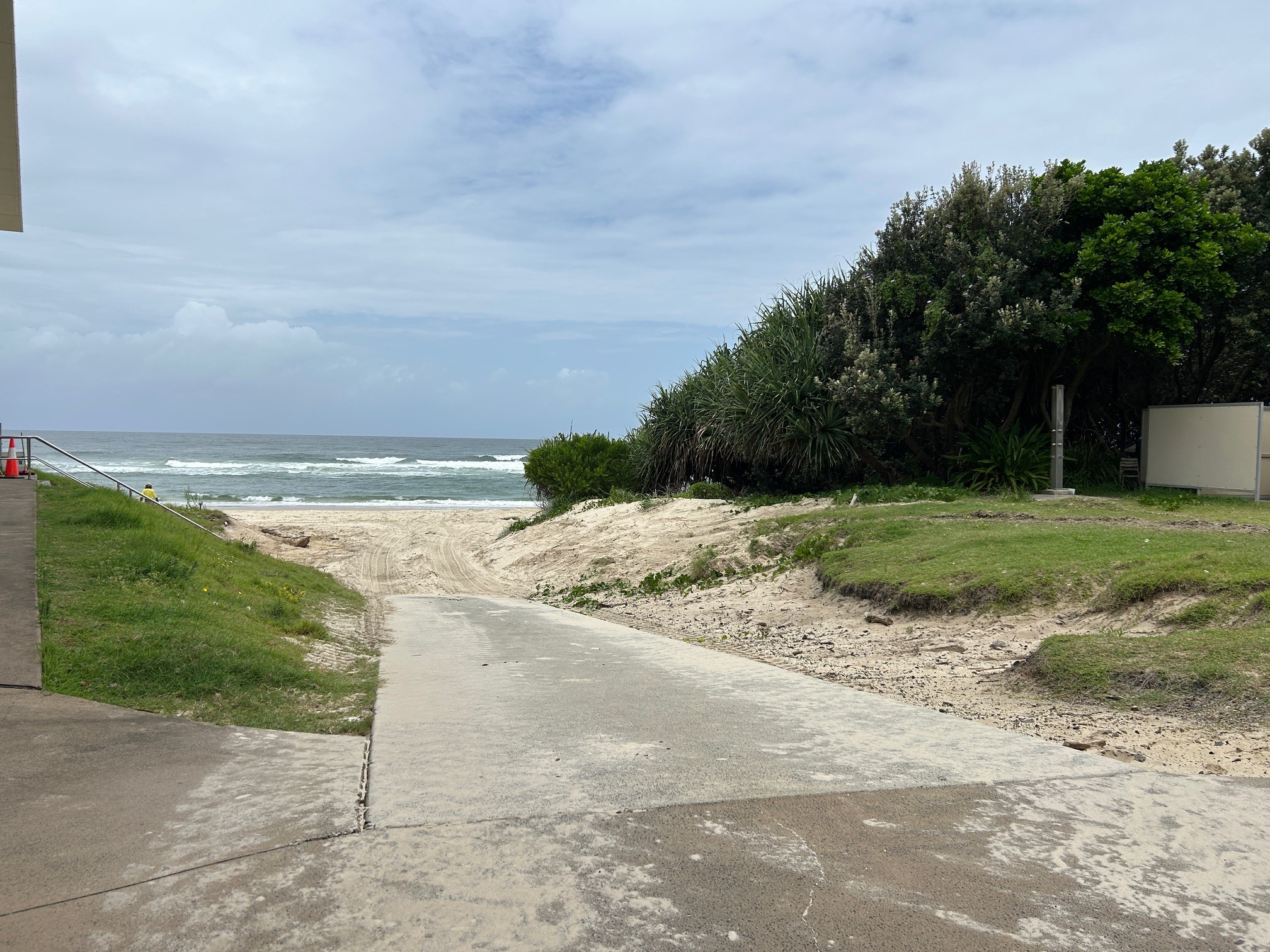As heatwave conditions hit northern parts of the State, WA Health is urging Western Australians to prepare for health risks from extreme heat this summer, reminding people that heat can be deadly.
The Bureau of Meteorology’s long-range forecast is predicting warmer than usual summer daytime temperatures for south-western and coastal Western Australia with northern and western areas of the State very likely to have unusually warm overnight temperatures.
The Bureau declares heatwaves when the minimum and maximum temperatures are significantly higher than usual in an area for three or more consecutive days.
WA’s Chief Health Officer, Dr Andrew Robertson is urging the community to take the Department of Health’s heatwave health warnings and advice seriously.
“Extreme heat kills more people in Australia than all other natural disasters combined,” he said.
“And extreme weather events, including heatwaves, are becoming more frequent and intense due to climate change – meaning we will see longer, hotter and more intense heatwaves here in WA.”
Extreme heatwaves trigger significant increases in people using health services – including ambulance call-outs, emergency department (ED) presentations and hospitalisations.
A new report, which looked at the effects of heatwaves on Perth children showed ED presentations for children aged under four doubled during heatwaves.
The Department of Health and Curtin University study – Predicting the Effects of Heatwaves and Air Quality on Emergency Department Presentations and their Spatial Variations for Children in Perth, Western Australia – looked at daily records of Perth EDs over a 10-year period between 2006 and 2015.
It found ED presentations peaked on the third day of a heatwave event, with very young children and adults over 60 among the most vulnerable.
It also found a clear link between extreme heat and ED presentations due to renal failure – 1.3 times higher during extreme heatwave days.
Dr Robertson said heatwaves were nothing new but warned Western Australians not to be complacent.
“Heat can put strain on your heart, cause rapid dehydration and will eventually kill you if your body can’t cool down quickly enough,” he said.
“It’s important to do what you can to stay cool and well hydrated – seek out somewhere to keep cool during the heat of the day,” he said.
Dr Robertson said heatwaves put the most vulnerable people at risk – including the elderly, pregnant women, babies and very young children.
“Check in on your neighbours, friends and older family members – especially those who are in poor health, have a disability or who live alone,” he said.
WA Health’s heat health warning system is ready to activate again this summer with messages consistent with those for bushfire, cyclone, flood and storms – ‘advice’, ‘watch and act’ and ’emergency warning’.
Heatwave health alerts will be issued via , ABC Radio and other broadcasters.
For tips on preparing for heatwaves, visit .







